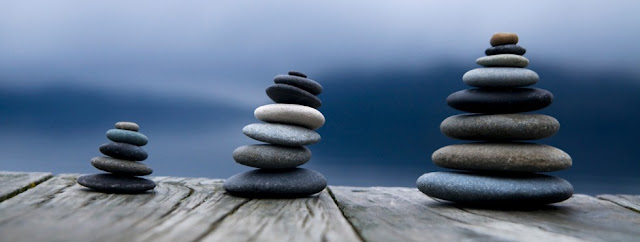Being Present in an Age of Distractibility
Let’s face it. It’s easy to get distracted, even when around people that we care about. Yet, the ability to be present while with your spouse, family, or even at work can be a critical skill to maintain relationships and get the most out of each moment. To be present, is to be grounded in the moment and aware of yourself and the world around you. It denotes a sense of intentionality and commitment to whatever is in front of you, be that a person, a task, or a cup of tea.
In this sense, it is the opposite of being distracted. Imagine you are telling someone something very important and suddenly they start looking at their phone while saying, “Um-humm,” in response to everything you say. That might paint an exaggerated picture, but how many times have we all been “listening” to someone only to be thinking about multiple things at the same time? Often, this is not intentional. It’s been a long day, there are projects that need completing, bills that need paying, and your 7 year old has a dentist appointment tomorrow morning so you need to remember to pack your lunch the night before. There is no need to feel guilty being distracted when life gets busy. At the same time, cultivating the ability to regain the moment can be an important skill to have. Being present with the people in our lives can enhance communication by helping others feel understood and heard. Being able to focus on one task at a time can reduce anxiety when facing a mountain of obstacles. You get the idea.
So what are some things we can actually do to start to build our capacity to be more present? Here are four steps that can help:
- Be intentional: being intentional is doing something with purpose. When you are trying to be present for something in yourself, remind yourself the “why” behind what you are doing. Do you need to focus on listening to someone intently because you love and respect them? Do you have religious or spiritual beliefs that make a certain activity really valuable to you as a person? Does the current activity relate to goals in your life? Sometimes, in the shuffle of things, we forget why the things we do on a daily basis are really important to us.
- Avoid excessive multi-tasking: this one can be hard. When we have multiple projects going our minds can get into the habit of jumping from one to the other in rapid succession. Sometimes in our work or family life we have to shift our focus very quickly to adapt to rapidly changing events. Over time, however, having our mind running at such a pace can wear someone out. Plus, how many things can you actually do at one time? Often though, a task will emerge as a priority, such as specific appointment or a needed conversation with a family member. Just remember to be there while you are there, tomorrow’s tasks can wait for tomorrow.
- Find habits that keep you in the moment: there is no shortage of meditation and mindfulness techniques available. An important part of the equation is to find something that works for you at different times and in different environments. Will a cup of tea in the evenings bring you back into the moment? What about having a set of stretches you do in your chair at work? Perhaps a meditation where all you focus on is the sensation of breathing would be something to explore. Find something that brings you into the moment and make it work for you.
- Present body language: body language can often tell much of the story without there ever being verbal communication involved. Part of being present can also mean being aware of how we are communicating with our body language. It may be as simple as making appropriate eye contact, or facing the person who you are speaking with. Avoid glancing at a screen or texting while communicating face to face with someone. A good rule of thumb is to aim for being relaxed and attentive; trying to concentrate on someone too intensely might making them uncomfortable.
Overall, being present is just a skill that takes practice to develop. Don’t sweat it when it’s not easy at first. Remember, you can be present for yourself too, and enjoy the good times in your life with a little less distraction.




Comments
Post a Comment